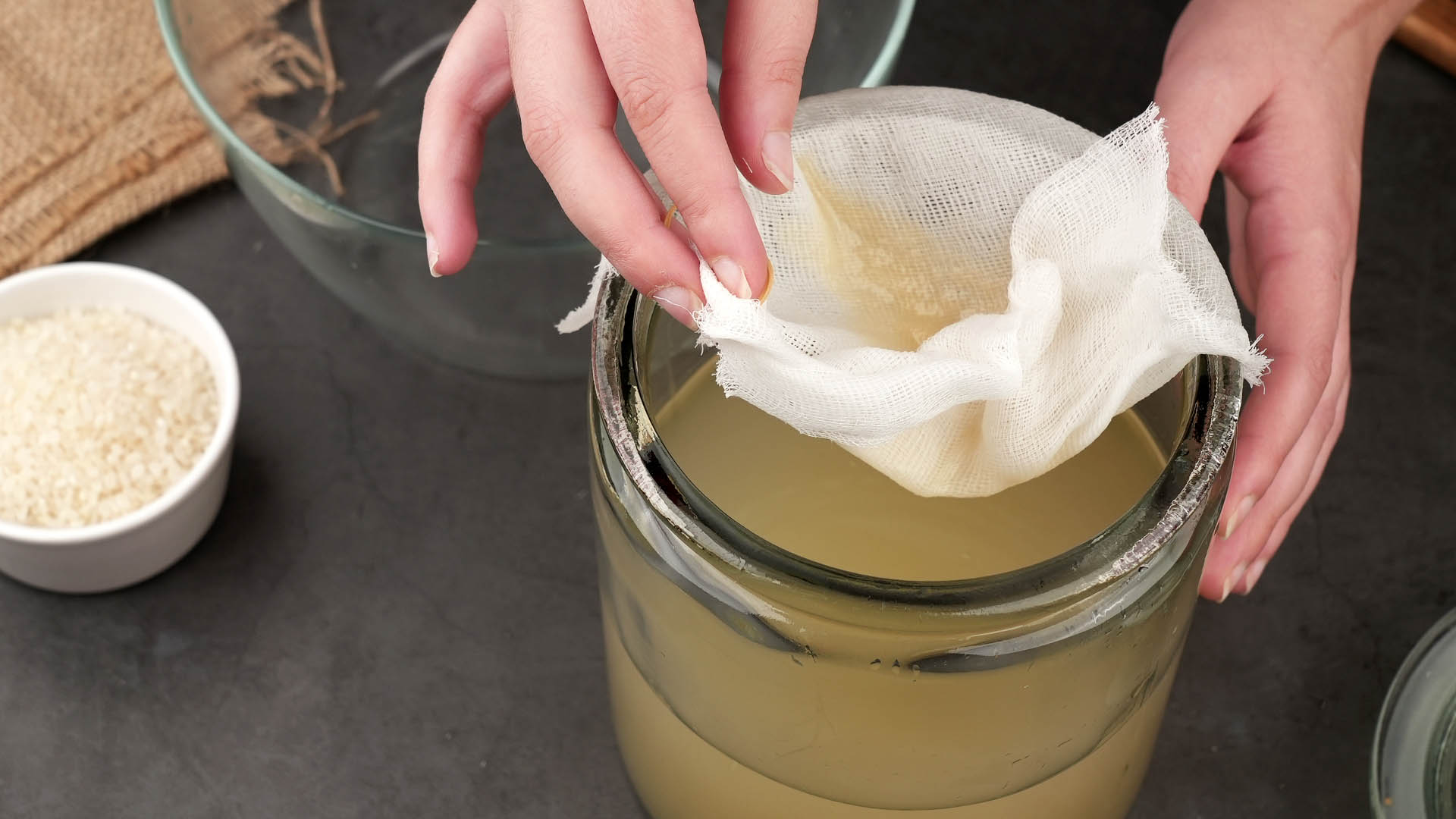Rice vinegar is a staple ingredient in Asian cuisine. It is a type of vinegar made from fermented rice.
There are three types of rice vinegar — white, red, and black rice vinegar. Of them, white rice vinegar has the strongest flavor. It gives the dish an intense tart flavor with a whiff of sweetness at the same time.
Many Asian dishes such as sushi rice, pickled vegetables, and salad dressing require rice vinegar.
Rice vinegar offers numerous health benefits while aiding you to create delicious dishes.
A study published in 2012 shows rice vinegar could treat the fatty liver problem in diabetic rats.
But if you suddenly run out of this vital ingredient in the middle of cooking, you may need an alternative. In that case, you can use some other ingredients as substitutes for rice vinegar.
There are some options available in your kitchen that you can use to complete a recipe that calls for rice vinegar.
Read on to explore some of the great substitutes for rice vinegar that you can use in your cooking.
Substitutes for Rice Vinegar
1. Apple Cider Vinegar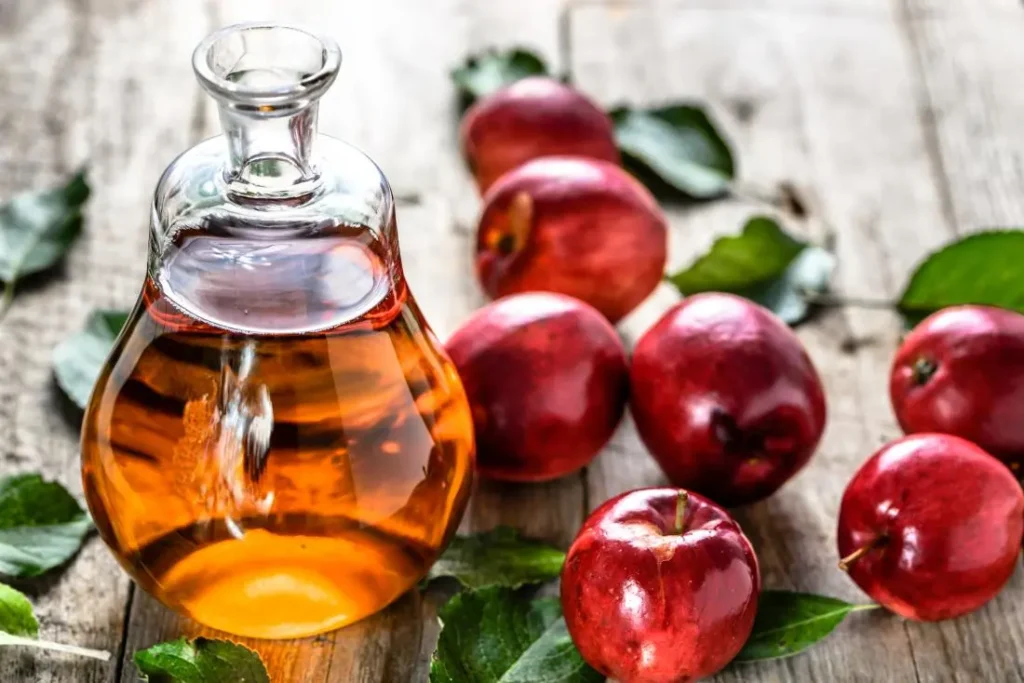
Apple cider vinegar or ACV is considered one of the closest alternatives to rice vinegar. Made from fermented apple juice, this vinegar comes with a mild taste with a hint of apple flavor.
Apple cider vinegar can be a healthy substitute for almost any vinegar. It contains numerous therapeutic properties that are beneficial for health.
A study published in the Scientific Reports shows apple cider vinegar could alleviate obesity in mice.
Besides, ACV can help treat ringworm, UTI, and some skin problems like eczema, skin tags, flat mole, etc.
You can alternate an equal amount of ACV for rice vinegar in any recipe.
Related: How to Use Apple Cider Vinegar for Acne Treatment
2. White Wine Vinegar
White wine vinegar comes from fermented white wine. It possesses similar color and consistency to rice vinegar but is a bit more acidic.
You can easily swap white wine vinegar with rice vinegar as they share a similar flavor profile.
But white wine vinegar is not as sweet as rice vinegar. You have to add some sugar to match the flavor.
3. Red Wine Vinegar
As the name suggests, red wine vinegar is made through the fermentation of red wine.
This vinegar comes with many health benefits. It is rich in antioxidants and anti-aging properties.
A study published in the Biological & Pharmaceutical Bulletin shows that red wine vinegar can reduce blood pressure.
Besides, red wine vinegar is low in calories and fat. It means this vinegar can help you in weight loss.
Red wine vinegar can be a good alternative to rice vinegar in dishes like savory meat. It’s not a good choice for salad dressing.
4. Champagne Vinegar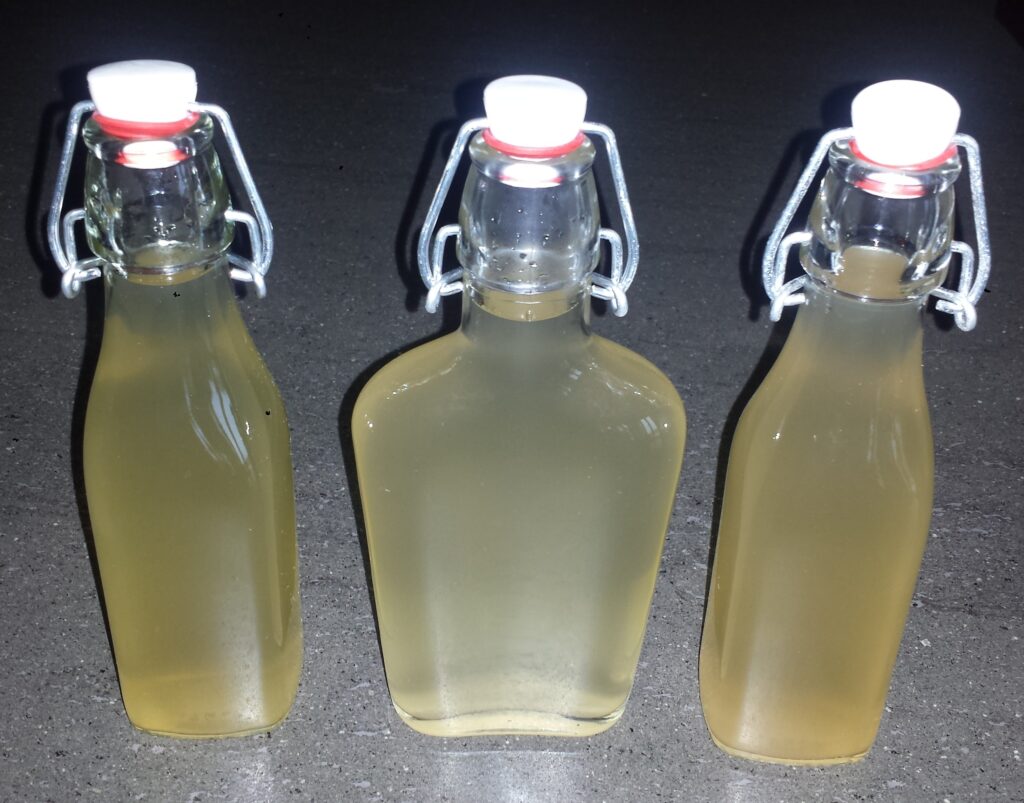
Champagne vinegar can be a good alternative to rice vinegar because of its mild and delicate flavor.
Like champagne, its vinegar also contains numerous health benefits. Champagne vinegar is good for your heart, memory, and skin.
This vinegar is particularly good for seafood dishes, marinades, dipping sauces, and dressings. Due to its mild flavor, champagne vinegar doesn’t overpower any recipe.
5. Sherry Vinegar
Sherry vinegar is made from sherry wine. It has a nutty and mildly sweet flavor that makes it a good alternative to rice vinegar.
Sherry vinegar is quite good for your health, thanks to its antioxidant properties.
A study published in 2010 confirms the antioxidant activities of sherry vinegar.
This vinegar is a good option if you’re preparing sauces, marinades, and vinaigrettes. You can also use it to pickle vegetables.
6. Balsamic Vinegar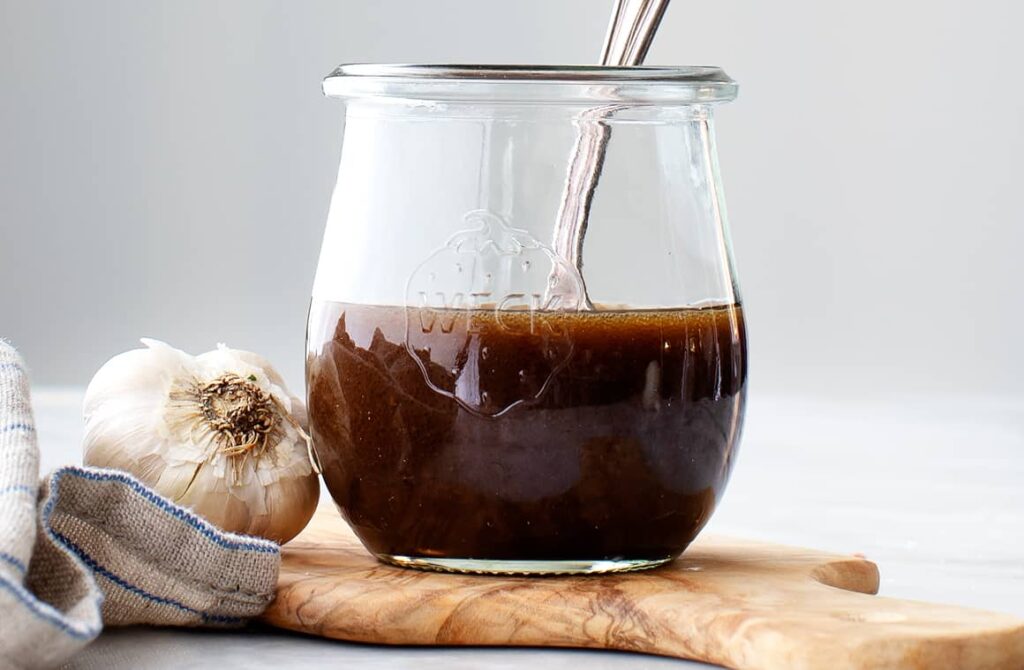
Balsamic vinegar is made in Modena, Italy, and is quite popular for the health benefits it provides.
Rich in antioxidants, this vinegar can improve your skin, helps in digestion, reduce cholesterol, and helps in weight loss.
The best part is, that balsamic vinegar is diabetic-friendly. So, you can use this vinegar in your dishes without worrying about your blood sugar.
A study was published in 2006. It shows that balsamic vinegar can help you avoid blood sugar spikes after eating.
Balsamic vinegar is less sweet than rice vinegar. It can be a good substitute for salad dressing and marinades.
7. Lemon Juice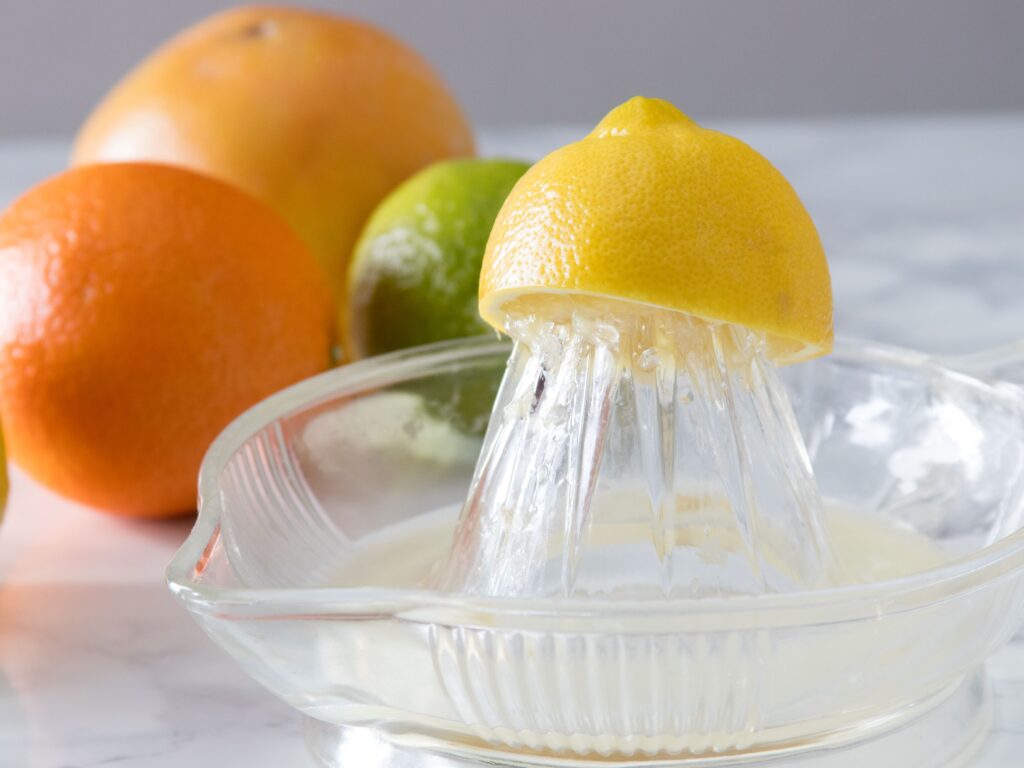
Lemon juice is one of the most natural and healthiest substitutes for rice vinegar.
Lemon juice contains vitamin C. It can help reduce cold, and cough aids in weight loss and improves your immune system.
A study was published in the BioMed Research International. It shows the protective effects of lemon juice in alcohol-induced liver injury in lab mice.
Another research published in the Journal of Nutrition and Metabolism reports regular consumption of lemon juice along with walking can reduce blood pressure.
Lemon juice is highly acidic and can easily mimic the flavor of rice vinegar. But it may leave a distinct citrus taste in the final product.
Related: Lemon Juice for Acne: 8 Simple Home Remedies
Bottom Line
Rice vinegar is quite healthy and brings flavor to a wide variety of dishes. You can’t think of making a delicious and mouthwatering Asian recipe without using rice vinegar.
But, if you don’t have rice vinegar, you can still create the same dishes using some substitutes.
If you have wine vinegar or champagne vinegar available in your pantry, you can use them instead of rice vinegar. If you don’t have any vinegar, you can even use lemon juice to add flavor to your food.
Read More: 4 Gluten-Free Substitutes for Malt Vinegar
